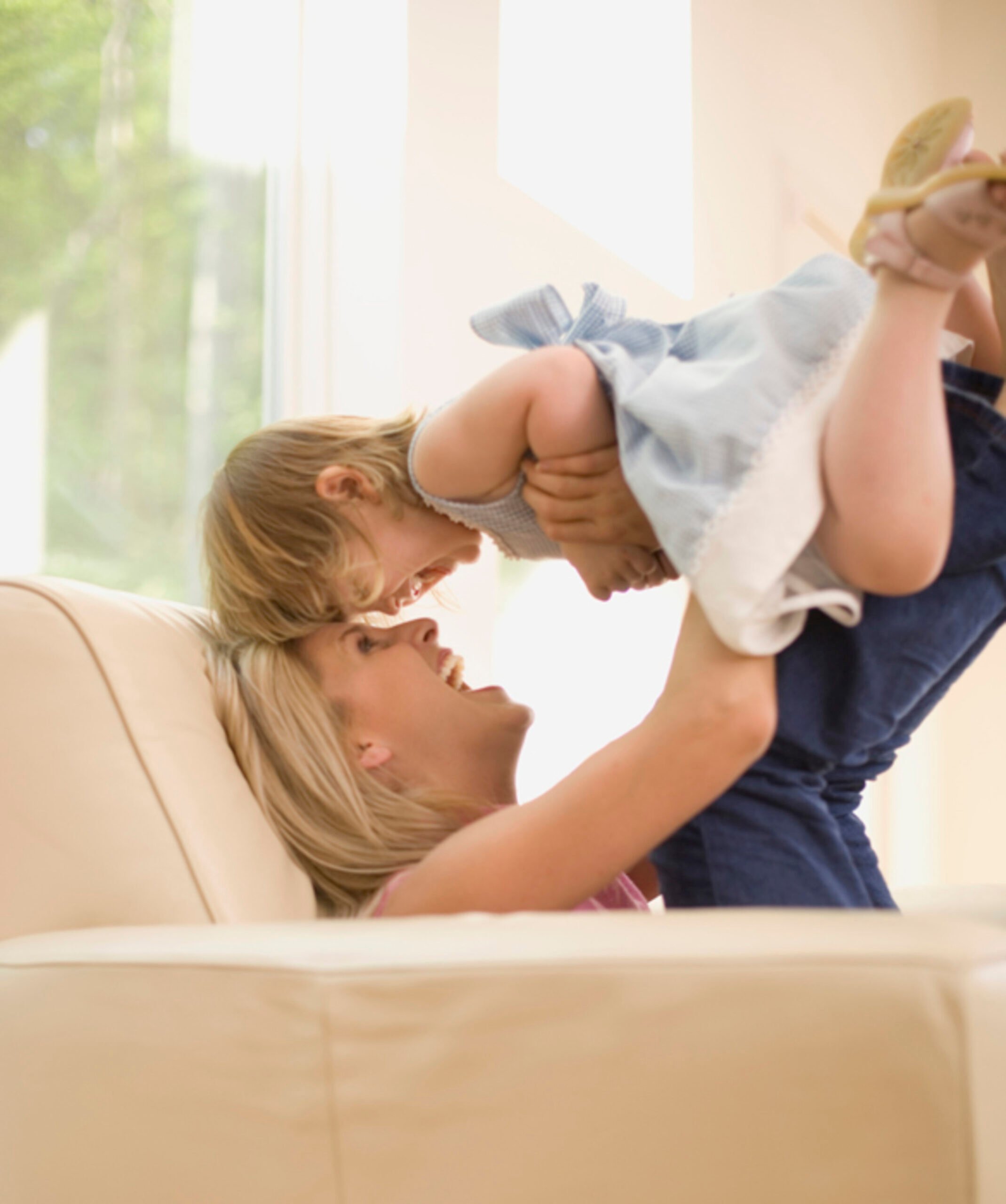
Kids adopted past infancy are not usually placed for adoption voluntarily by their parents. Typically, there's a specific reason why the child was removed from the parents. Sometimes, child protective services discovers a child has been abused or neglected, sometimes parents pass away, and sometimes they become ill or financially unable to raise their child. For those reasons, adopting a child past infancy is far more complex than adopting a newborn. Parents who do, though, have the opportunity to provide great love and support to children who may not have otherwise experienced it.
A Missing Background
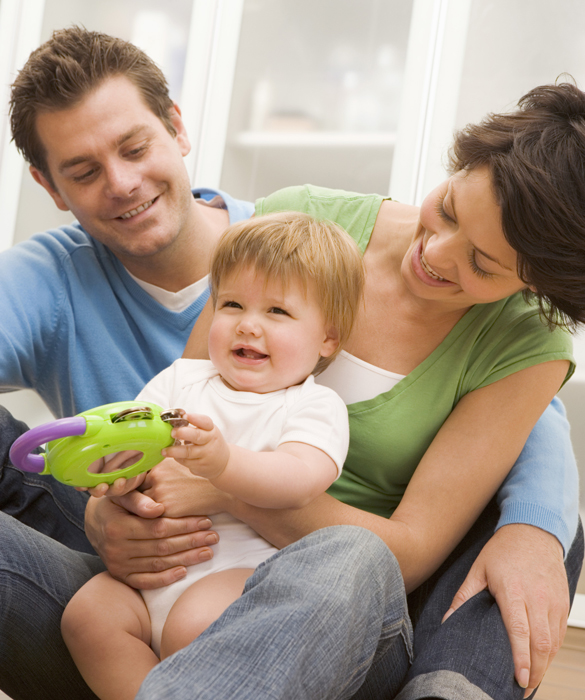
"There is often little information available about the toddler's background," says Amy Morin, a clinical social worker and outpatient therapist for foster children and parents. A 2-year-old is unable to explain what his home life was like before being placed for adoption but is still greatly affected by his prior family experience. "For example, certain sounds may remind him of past abuse, and adoptive parents may be left wondering why the child has outbursts every time he hears that particular sound," says Morin.
Learning About the Child
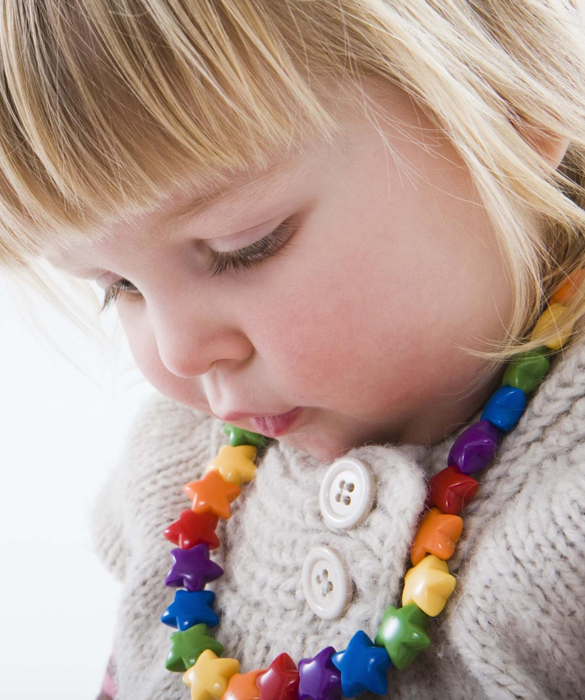
While new parents have much exploring to do in regard to their adopted toddler's past, they should make a concerted effort to learn as much as they can. The more you know, the smoother the transition. "For example, if the child has a fear of the dark, have a plan in place for how to arrange his room so it won't be too scary for him," advises Morin. Get as much information as you can from the adoption agency, ask questions and always observe.
RELATED: Tips on Adoption
Experiencing Firsts
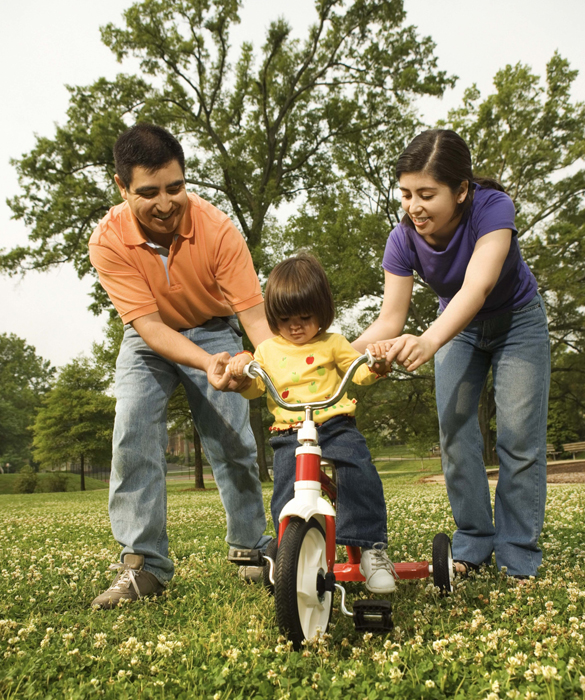
"Experiencing the joys of firsts is one of the greatest," says Clayton Henderson, who serves on the board of directors at Holt International Children's Services, an adoption agency based in Eugene, Ore. His family has also adopted three children past infancy, including a 10-year-old. "It’s like having Christmas every day for months as they experience things like learning to ride a bike, going to a grocery store and many things for the first time. Simple things we take for granted are often experiences they have never done," Henderson says.
Bonding Takes Time
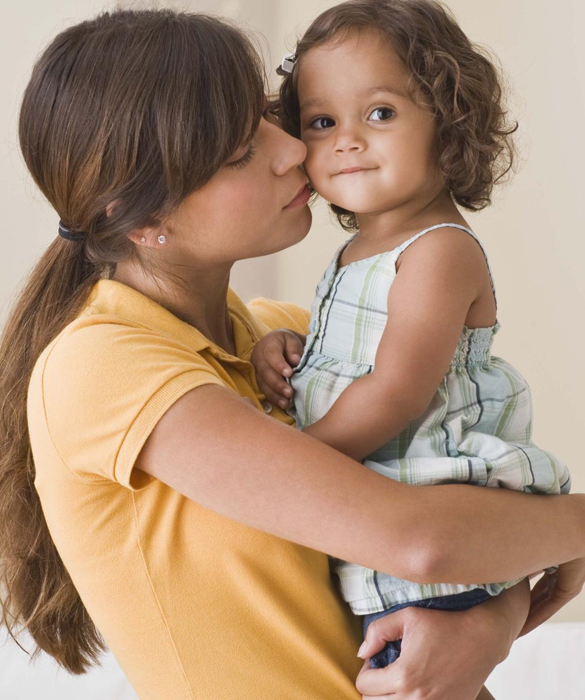
Bonding with an infant is very different from bonding with a toddler. It takes patience to build that trusting relationship; make it your goal to love your child unconditionally and to ask questions often. "If you don’t know the child’s past, it’s difficult to know why they are slow to bond," says Henderson. "We had one daughter who was slow to bond with us as parents, but quick with our siblings. We found out later that she’d had a challenging foster care home and trusted older siblings more."
Counseling and Group Therapy

Before, during and after the adoption process, you should prepare yourself, your partner and your children for the addition of an adopted toddler, with counseling. Morin says counseling helps make sure everyone has appropriate expectations. "It can also be helpful to attend support groups for adoptive families to gain ideas and information about adoption," she says.
RELATED: Adoption Misconceptions
Have the Child Evaluated

Some potential difficulties include cognitive and developmental delays, physical health problems and behavioral issues. "Adoptive parents should have the child evaluated and screened to gain as many services as possible to help the child," says Morin. "Often, kids placed up for adoption as toddlers have not had routine health exams or haven't been taught skills, like how to begin eating with utensils," she said. Common and appropriate services include developmental, physical, speech and occupational therapy.
Discipline
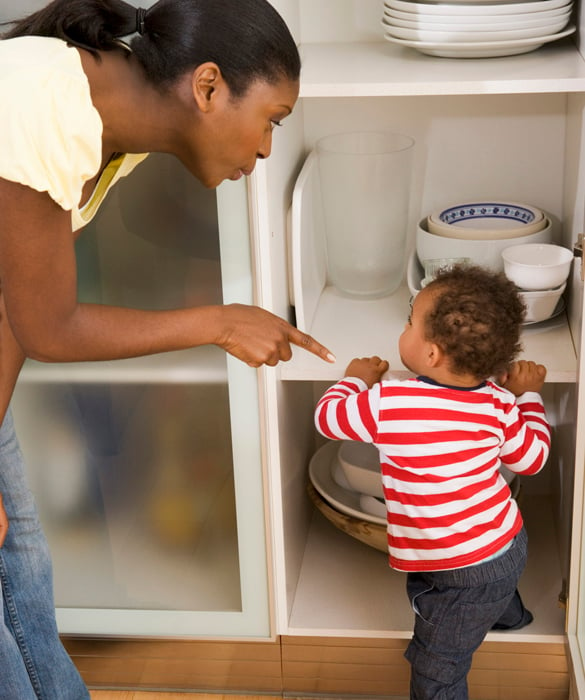
Like any child, adopted toddlers require discipline. Morin explains that this discipline should be gentle, but firm. It should also be consistent, and your toddler should be aware of the consequences of her behavior. Make sure your child knows why she's being disciplined and how she can avoid getting into trouble in the future. If you have other children, do not discipline any of them differently from the adopted child.
Preparing Your Other Children
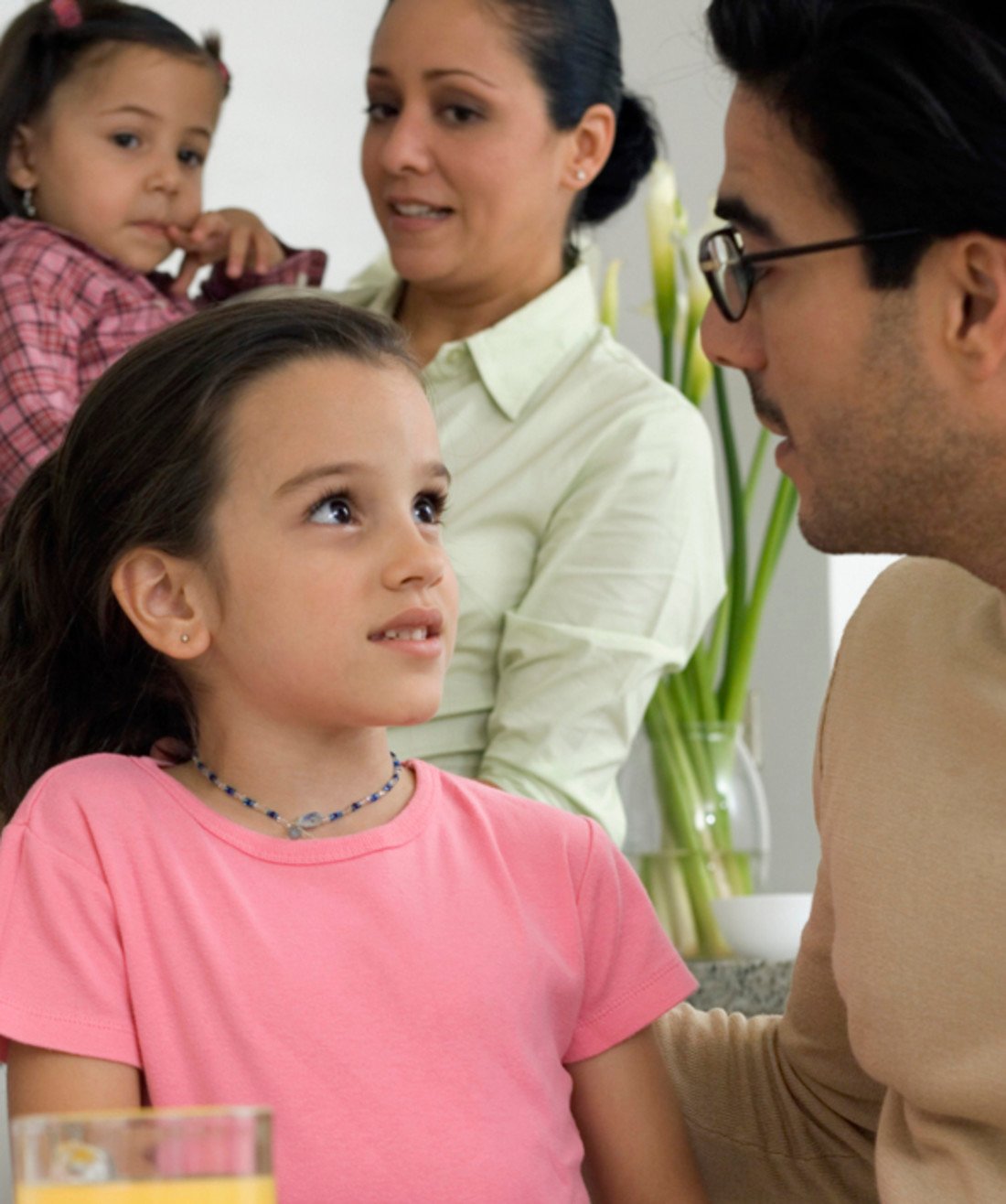
Bringing an adopted toddler into a home where children already live is a challenge. For a smooth transition, talk to your current children about the possibility of a new arrival far in advance. As the adoption process comes to a close, have your children help prepare a gift for the new child suggests Morin. "Talk with them about changes that may happen and reassure them that each will still receive individual attention after the child arrives," she says.
This article was originally published in June 2013.






